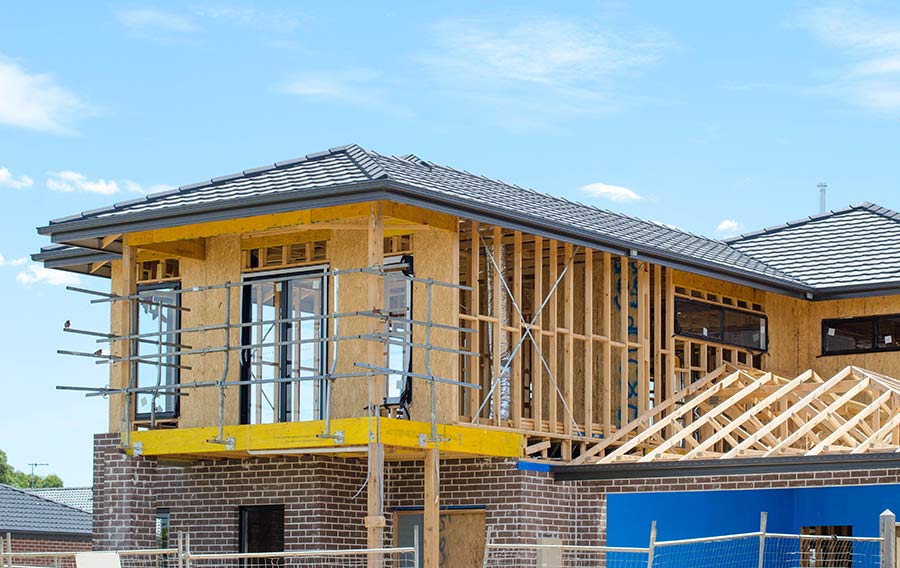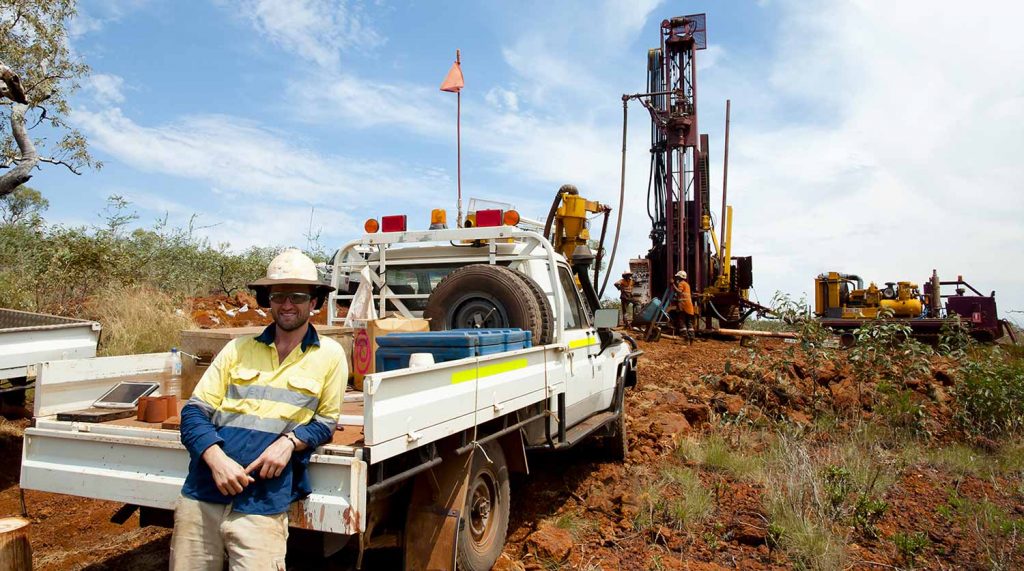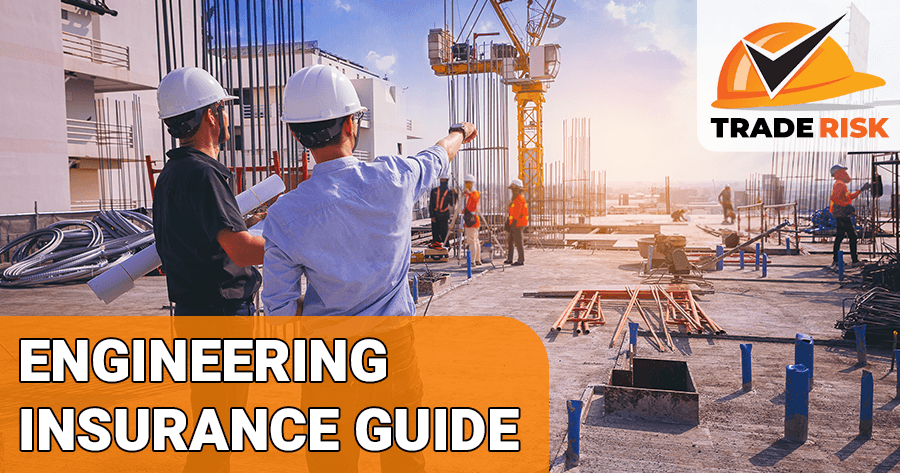Being involved in engineering means you know the importance of getting things right.
One small error or omission can have major consequences, and this makes business insurance for engineers so important.
At Trade Risk we’ve been helping construction and engineering professionals with their insurance needs for over a decade.
To speak with one of our insurance brokers please call us on 1800 808 800, or read on for our guide on engineering insurance.
In this guide we’ll run through the different types of engineers insurance available, and which types might be important for your engineering business.
Use the links below to jump straight to the relevant section:
- Types of engineering insurance
- Professional indemnity for engineers
- Public liability for engineers
- What insurance is required?
- Engineers we can help
- Engineering insurance costs
- Professional advice
If you’d prefer to speak with an expert, call us on 1800 808 800 for a no obligation discussion with one of our qualified insurance brokers.

Types of engineering insurance
There are many different types of insurance available to engineering firms, and the ones you may require will depend on a number of different factors.
Later in this guide we’ll look at which types you might need for your business, but for now we’ll run through the most common forms of cover.
Professional indemnity and public liability are the two most important forms of engineers insurance.
Other forms of business insurance for engineers include the following:
- Professional indemnity
- Public liability
- Management liability
- Cyber insurance
- Property insurance
There are other forms of cover available, but these are best discussed with your insurance broker who can advise on which ones you might need to suit your business.
We’ll now drill down into the two most common forms of cover.
Professional indemnity for engineers
Professional indemnity insurance is arguably the most important form of engineers insurance.
You simply couldn’t provide engineering services without this form of cover.
As an engineer, or someone who operates an engineering business, you are responsible for the advice, recommendations and reports that you provide to clients.
If you are found to have been negligent in delivering these services, or have breached your professional duties, you will be exposed to financial claims against you.
Depending on the circumstances, it’s not uncommon for such claims to stretch into the hundreds of thousands, if not millions of dollars.
Common issues that can lead to a professional indemnity claim for an engineer include the following:
- Negligence
- Breach of contract
- Error or omission
- Loss of data or documents
- Design or specification errors
- Breach of confidentiality
The correct professional indemnity policy for your business can respond to each of these events.
Importantly, professional indemnity will also cover the defence costs relating to a claim, which means even if you aren’t found to be responsible, your legal costs will still be covered.

Public liability for engineers
Whilst professional indemnity is all about the professional services you provide, public liability is more about the physical risks in your work.
This form of insurance will respond in the event that your activities result in personal injury or property damage to a third party.
A basic example could be that a visitor to your engineering office slips and falls on some water that was split in your office and not cleaned up.
Your business would be liable for any damages sought by the injured person, but these would be covered by your public liability insurance.
A property damage example could involve your team carrying equipment through your client’s premises, and damaging your client’s property in the process.
Again, this is something that your public liability insurance would respond to.
What insurance is required?
There are many different types of insurance available to engineering firms, and the ones you may require will depend on a number of different factors.
Factors impacting upon the insurance you require include the following:
- The size of your business
- The types of engineering undertaken
- Where you operate from
- The assets owned by the business
If you’re operating as a sole trader and performing consulting work from home, it might be sufficient to have just professional indemnity and public liability insurance.
It would also be recommended that you have personal accident insurance if you’re relying on your own ability to earn an income.
At the other end of the scale would be large engineering firms with multiple locations across the country.
In addition to the basics detailed above, you’d also need to insure your properties and assets spread across the country.
With a larger workforce brings additional risks, which could see the need for additional policies such as management liability insurance.
In terms of how much of each cover an engineering business will require, this too will depend on a variety of factors.
For professional indemnity and public liability there are minimum levels of cover, but these won’t be sufficient for all businesses.
The contracts you enter into will sometimes specify a minimum level of cover that you must hold.
Ultimately it’s best to speak with a qualified insurance broker who understands engineering businesses and can made recommendations specific to your requirements.
Engineers we can help
We can assist virtually all types of engineering businesses with their insurance needs.
These include, but are certainly not limited to the following:
- Civil engineering
- Electrical engineering
- Environmental
- Fire protection
- Geotechnical engineering
- Mechanical engineering
- Structural engineering
- Construction
- Mining
Whilst our specialty at Trade Risk is more around the construction industry, we can assist engineering businesses who operate outside of construction.

Engineering insurance costs
The cost of engineers insurance will vary depending on the size of your business and the activities you are undertaking.
The size of your business will be measured in terms of staff numbers and/or annual revenues.
Essentially, the larger your business, the more expensive your insurance will be. This goes for both professional indemnity and public liability.
The insurance company will also assess the risk of your business based on the type of engineering work you are doing.
High risk areas can include mining, airports, bridges, tunnels and other major infrastructure projects.
Anything in these areas will attract higher premiums due to the higher potential for much larger claims.
The only way to get an accurate idea of engineering insurance costs is to speak with an insurance broker who can put together a range of quotes tailored to your specific business.
Professional advice
No matter how large or small, or how basic or complex your engineering firm may be, getting expert advice on your insurance is vital.
Engineering is a complex area, and the risks can be very serious when things go wrong.
By using an experienced and qualified insurance broker you can be assured that your business is properly protected.
Our insurance brokers can discuss your business and your risks, then put together a range of recommendations and quotes for the appropriate insurance.
There is no obligation to proceed with all or any of the recommendations.
To get started please call our office on 1800 808 800. We also have a dedicated engineering insurance proposal form you can complete to get started.




